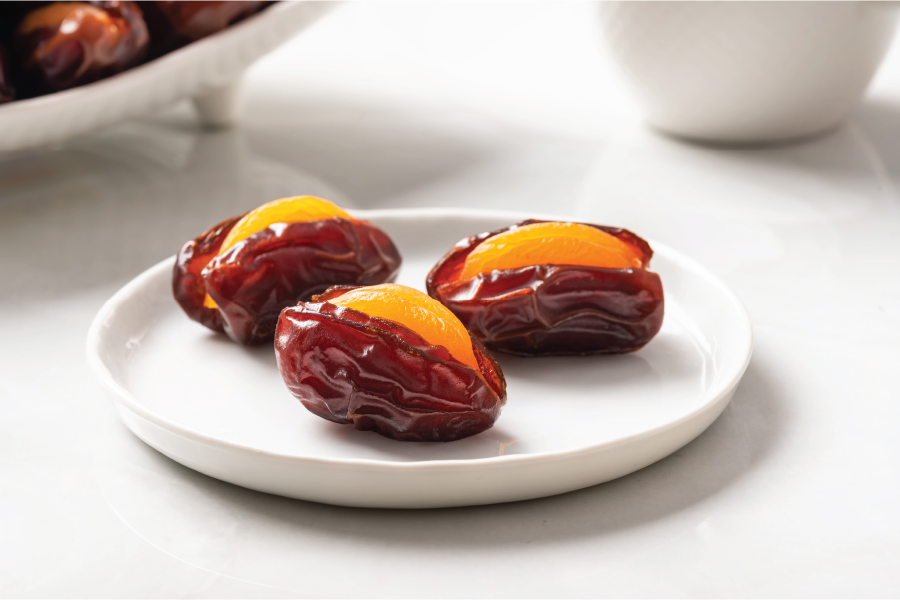
Mediterranean cuisine rightfully enjoys the reputation of providing an equally delicious and healthy diet. Making use of fresh, top quality ingredients, the dishes are flavourful, wholesome and nutritious.
Unlike many other ethnic cuisines, Mediterranean food is not governed by a single culture. It is, rather, a product of shared culinary trends between the cultures that live around the Mediterranean Sea. The Mediterranean terrain can be divided into three culinary regions: Eastern Mediterranean, Southern Europe, and North Africa. Over the course of history, different civilisations brought their own practices to the plate, and the resulting amalgamation is what defines Mediterranean cuisine today.
Rich soil and a temperate climate led to a thriving agricultural system, incorporating a plethora of fresh vegetables into the cuisine. International trade brought in a variety of spices and other food, and it is this cultural interaction that formed the fundamental elements of Mediterranean cuisine.
In addition to an abundance of fruits and vegetables, Mediterranean food is rich in grains, beans, nuts, and seeds. Olive oil is a principal ingredient, with cheese and yogurt being a staple part of the diet. Fish and poultry provide the required protein, with red meat only sparingly used. Fresh herbs provide the desired aroma and seasoning to the dishes, enhancing the rich diversity of the region on a plate.
Various studies have shown a link between Mediterranean food and better health. A typical Mediterranean diet, rich in vegetables, fruit, and beans is associated with significant health benefits, including lower rates of heart disease, Parkinson’s disease and Alzheimer’s.
Aromatic, hearty and well-balanced, Mediterranean cuisine has a lot to offer, and it’s hard to argue with centuries of goodness.

